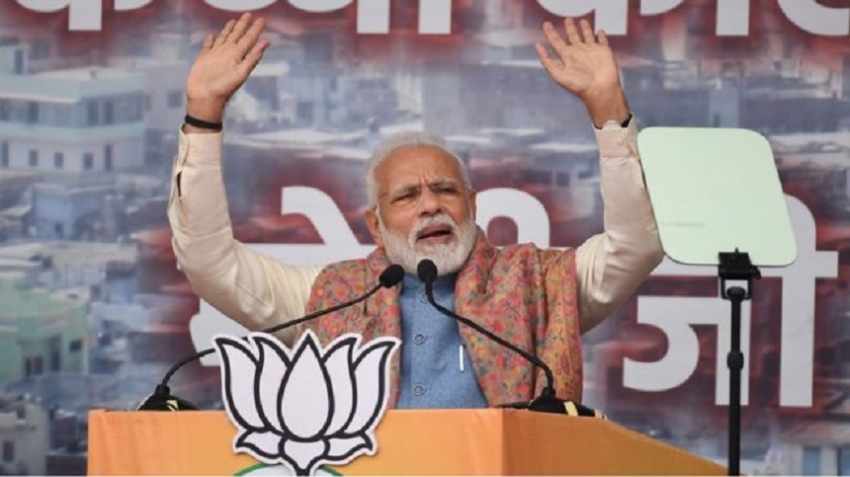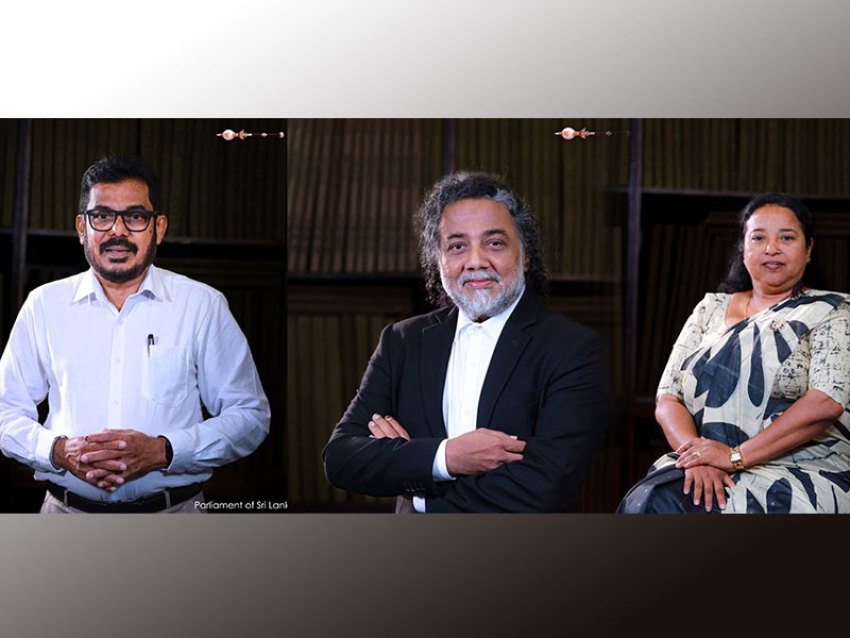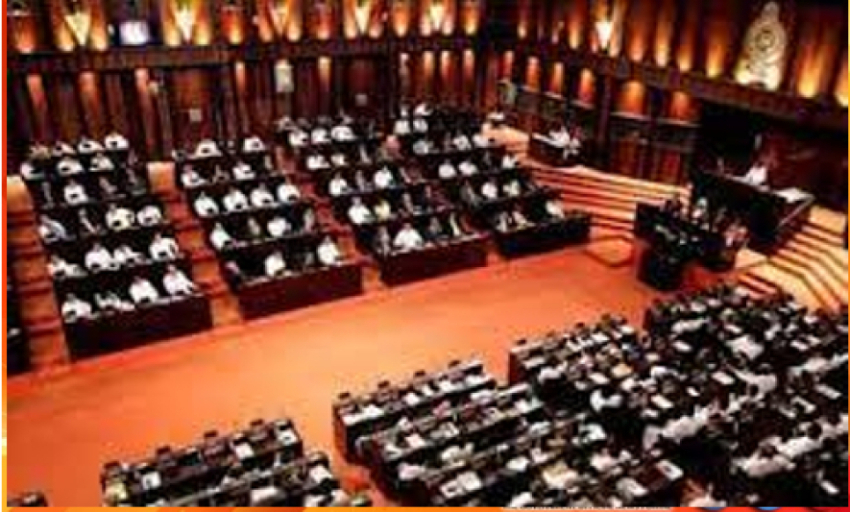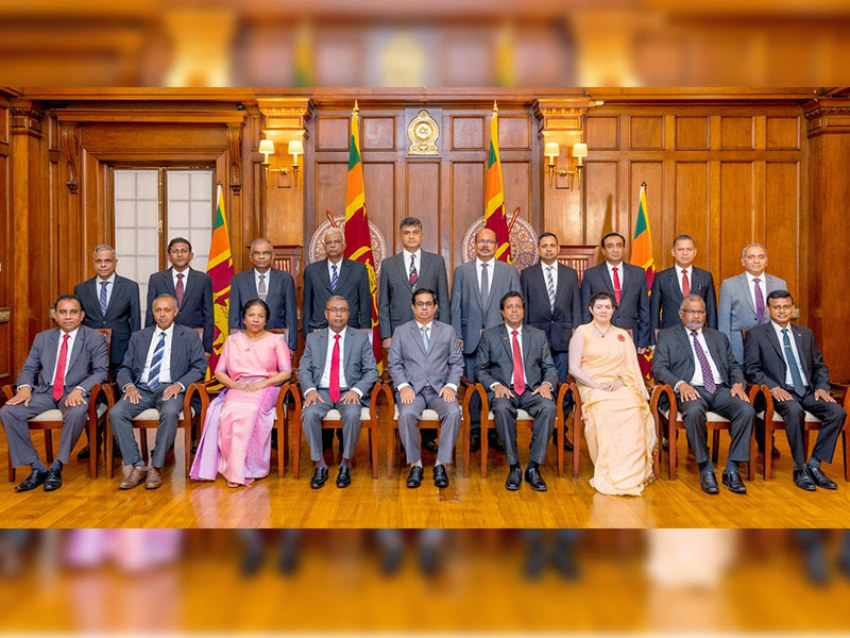Indian Prime Minister Narendra Modi has defended the government's new citizenship law, despite the major ongoing protests against it."We passed this bill to help the persecuted," he said at a rally in Delhi. "We need to respect India's MPs and its parliament".More than 20 people have died in ten days of clashes sparked by the bill, which critics see as anti-Muslim.Protesters have continued to take to the streets in spite of police bans.Several thousand people have also been detained and internet services have been suspended as the authorities battle to restore order.
The bill offers amnesty to non-Muslim illegal immigrants from three neighbouring countries.Mr Modi defended the legislation at a rally in the capital at the start of his Hindu nationalist Bharatiya Janata Party's (BJP) campaign for state elections there. The prime minister:Accused political parties of "telling lies and spreading misinformation" about the billCondemned attacks on the police as well as on public transport, shops and government propertyMaintained that the government had "never asked for anyone's religion" when implementing major policiesInsisted that India's Muslims - one in seven of India's 1.35bn population - "don't need to worry" about the bill
Critics fear the new law - known as the Citizenship Amendment Act (CAA) - undermines India's secular constitution.Passed earlier this month, it offers amnesty to non-Muslim illegal immigrants from Pakistan, Bangladesh and Afghanistan.The federal government says the law will protect religious minorities fleeing persecution - but the move has drawn criticism from opposition parties and international rights groups.University students are among those who have been taking to the streetsIt is also controversial because it follows a government plan to publish a nationwide register of citizens that it says will identify illegal immigrants - namely, anyone who doesn't have the documents to prove that their ancestors lived in India.A National Register of Citizens (NRC) - published in the north-eastern state of Assam - saw 1.9 million people effectively made stateless.
The NRC and the Citizenship Amendment Act are closely linked as the latter will protect non-Muslims who are excluded from the register and face the threat of deportation or internment.The law change has sparked a backlash from a range of protesters, including students.Many Muslim citizens fear that they could be made stateless if they don't have the necessary documents; and critics also say the law is exclusionary and violates the secular principles enshrined in India's constitution.But Mr Modi said the law would have "no effect on citizens of India, including Hindus, Muslims, Sikhs, Jains, Christians and Buddhists". He also blamed the opposition for the protests, accusing them of "spreading lies and rumours" and "instigating violence" and "creating an atmosphere of illusion and falsehood".
How a colonial-era law is being used in India
A draconian colonial-era regulation is being used to shut down protests against a controversial new citizenship law in India.On Thursday, the ban was imposed in parts of the capital, Delhi, Uttar Pradesh state and some areas of Karnataka state, including the city of Bangalore. Thousands of protesters were detained in many cities as they turned up in defiance of police orders.Section 144, as the provision is called, authorises officials to prohibit, among other things, a gathering of more than four people if they fear a possible violation of law and order. The law gives powers to state governments and the local police. Breaking the law is a criminal offence.Many believe the law has been misused to try to stifle protests. Constitutional law expert Gautam Bhatia says problems have arisen in reconciling the law with the constitutional guarantee of free speech and the right to freedom of assembly.
The constitution allows for reasonable restrictions to be placed on these rights in the interest of public order. Courts have debated what constitutes a reasonable restriction - and have ruled that freedom of expression can be restricted on grounds of public order only when it involves incitement to imminent violence or disorder.So the authorities, says Mr Bhatia, must demonstrate a "very clear and proximate risk to public order and a threat to public peace" before they can impose such a restriction."For example if you know that a mob is gathering somewhere and there are going to be incendiary speeches directing the mob to burn down buildings then you can preventively restrict that assembly. But you can't simply restrict these rights just on the basis of a possible fear that some people at some point can turn violent. That would defeat the entire purpose of having the right in the first place."For example, the law was imposed on Thursday in Bangalore, where has been no recent record of people turning to violent protest. So it can argued that the essential condition for imposing the law has not been met. "This is an abuse of power and unreasonable violation of fundamental rights which can and should be challenged in the courts," says Mr Bhatia.
There have been countrywide protests against a controversial citizenship law
In a paper on ways to deal with mobilised violence, researchers at the Takshashila Institution and Vidhi Centre for Legal Policy Research say the problem with Section 144 is that it is "primarily meant to be applied during emergencies, but this requirement is frequently not met. In reality, it operates as a blanket prohibition which can be applied in an overly broad and discriminatory manner."
Successive governments have used to law to stifle protests. Avinash Kumar of rights group Amnesty International India says "denying permission for peaceful protests shows an apparent disdain for the right to freedom of expression". India, clearly, needs to stop criminalising protest.
-India's new 'anti-Muslim' law explained
India's parliament has passed a bill which offers amnesty to non-Muslim illegal immigrants from three neighbouring countries.The bill provides citizenship to religious minorities from Pakistan, Bangladesh and Afghanistan. will give sanctuary to people fleeing religious persecution.Critics say the bill is part of a BJP agenda to marginalise Muslims.The Citizenship Amendment Bill (CAB) passed the upper house of parliament, where the BJP lacks a majority, by 125 votes to 105 on 11 December. It had cleared the lower house two days earlier.The bill has already prompted widespread protests in the north-east of the country which borders Bangladesh, as many people there say they will be "overrun" by immigrants from across the border.
The CAB amends the 64-year-old Indian Citizenship law, which currently prohibits illegal migrants from becoming Indian citizens.It defines illegal immigrants as foreigners who enter India without a valid passport or travel documents, or stay beyond the permitted time. Illegal immigrants can be deported or jailed.The new bill also amends a provision which says a person must have lived in India or worked for the federal government for at least 11 years before they can apply for citizenship.
Hindu refugees from Pakistan in a refugee camp in Jammu Now there will be an exception for members of six religious minority communities - Hindu, Sikh, Buddhist, Jain, Parsi and Christian - if they can prove that they are from Pakistan, Afghanistan or Bangladesh. They will only have to live or work in India for six years to be eligible for citizenship by naturalisation, the process by which a non-citizen acquires the citizenship or nationality of that country. It also says people holding Overseas Citizen of India (OCI) cards - an immigration status permitting a foreign citizen of Indian origin to live and work in India indefinitely - can lose their status if they violate local laws for major and minor offences and violations.Opponents of the bill say it is exclusionary and violates the secular principles enshrined in the constitution. They say faith cannot be made a condition of citizenship.The constitution prohibits religious discrimination against its citizens, and guarantees all persons equality before the law and equal protection of the law.
Delhi-based lawyer Gautam Bhatia says that by dividing alleged migrants into Muslims and non-Muslims, the bill "explicitly and blatantly seeks to enshrine religious discrimination into law, contrary to our long-standing, secular constitutional ethos".Historian Mukul Kesavan says the bill is "couched in the language of refuge and seemingly directed at foreigners, but its main purpose is the delegitimisation of Muslims' citizenship".Critics say that if it is genuinely aimed at protecting minorities, the bill should have have included Muslim religious minorities who have faced persecution in their own countries - Ahmadis in Pakistan and Rohingyas in Myanmar, for example. (The government has gone to the Supreme Court seeking to deport Rohingya refugees from India.)
Defending the bill, senior BJP leader Ram Madhav said, "no country in the world accepts illegal migration"."For all others about whom the bleeding hearts are complaining, Indian citizenship laws are there. Naturalised citizenship is an option for others who legally claim Indian citizenship. All other illegal [immigrants] will be infiltrators," he added.Also defending the bill earlier this year, R Jagannathan, editorial director of Swarajya magazine, wrote that "the exclusion of Muslims from the ambit of the bill's coverage flows from the obvious reality that the three countries are Islamist ones, either as stated in their own constitutions, or because of the actions of militant Islamists, who target the minorities for conversion or harassment".The Citizen Amendment Bill was first put before parliament in July 2016.The legislation cleared parliament's lower house where the BJP has a large majority, but it did not pass in the upper house, after violent anti-migrant protests in north-eastern India.The protests were particularly vocal in Assam state, which in August saw two million residents left off a citizens' register. Illegal migration from Bangladesh has long been a concern in the state.The CAB is seen as being linked to the register, although it is not the same thing.The National Register of Citizens (NRC) is a list of people who can prove they came to the state by 24 March 1971, a day before neighbouring Bangladesh became an independent country.
The government says the National Register of Citizens is needed to identify illegal migrants
In the run-up to its publication, the BJP had supported the NRC, but changed tack days before the final list was published, saying it was error-ridden.The reason for that was a lot of Bengali Hindus - a strong voter base for the BJP - were also left out of the list, and would possibly become illegal immigrants.The two are closely linked, because the Citizenship Amendment Bill will help protect non-Muslims who are excluded from the register and face the threat of deportation or internment.This means tens of thousands of Bengali Hindu migrants who were not included in the NRC can still get citizenship to stay on in Assam state.Later, Home Minister Amit Shah proposed a nationwide register of citizens to ensure that "each and every infiltrator is identified and expelled from India" by 2024.
Right-wing groups have protested against Rohingya refugees living in India"If the government goes ahead with its plan of implementing the nationwide NRC, then those who find themselves excluded from it will be divided into two categories: (predominantly) Muslims, who will now be deemed illegal migrants, and all others, who would have been deemed illegal migrants, but are now immunised by the Citizenship Amendment Bill if they can show that their country of origin is Afghanistan, Bangladesh or Pakistan," Mr Bhatia said.Taken together, the NRC and CAB have the "potential of transforming India into a majoritarian polity with gradations of citizenship rights," said sociologist Niraja Gopal Jaya.
The protesters standing up to police
16 December 2019
Share this with Facebook Share this with Messenger Share this with Twitter Share this with Email Share
Media captionWomen shield their friend from being beaten with sticks by police
The video is shocking: a group of unarmed young women trying to defend their friend from a group of Indian police officers in riot gear wielding bamboo poles.
Just moments earlier, the officers had dragged the man out of a house, repeatedly lifting their sticks high above their heads before bringing them down with as much force as possible.
And yet the young women seemed unafraid as they formed a human shield against the onslaught.
"We just wanted to protect our friend," Ladeeda Farzana told BBC Hindi's Dilnawaz Pasha.
Analysis: Why anger erupted over India's 'anti-Muslim' law
India's new citizenship law explained
Is India's claim about minorities true?
Footage of the confrontation is less than a minute in length, but it captured the attention of a nation being swept by protests and allegations of police brutality following the passing of the controversial Citizenship Amendment Bill (CAB) which some say is anti-Muslim, and others say will prompt large-scale migration.
The bill, which provides citizenship to non-Muslim religious minorities escaping persecution in Pakistan, Bangladesh and Afghanistan, has sent thousands of people out in the streets.
The protests in the capital Delhi on Sunday, however, descended into clashes with police. At least 50 people - both officers and protesters - ended up in hospital.
Ladeeda and her friends were among those protesting at Delhi's Jamia Milia University on Sunday when Shaheen Abdullah was dragged out of a house where he said they had been hiding.
Image copyrightEPA
On Monday, his face was covered in cuts. And yet, he remained defiant and determined to continue to protest against the bill.
"It is not about us [and the video], it is about the bill that will come," he told BBC Hindi. "It is not going to happen to me and those girls, it is going to happen to every Muslim in this country.
"Please be aware, come out, be together and fight against this. It is our duty," Ladeeda, 22, added. "If we will not talk, then who will talk?"
'Raise your voice'
Earlier this week, the United Nations Human Rights office voiced concern that the bill - which has been approved by parliament - was discriminatory in nature.
But the Hindu-nationalist BJP government says there is no religious bias, and that the move aims to accommodate those who have fled religious persecution.
Muslims, it says, are not covered by the new law because they are not religious minorities in Pakistan, Bangladesh and Afghanistan, and therefore do not need India's protection.
For Ladeeda and her friends, the bill's ultimate aim seems obvious: "Everyone knows that the CAB is against Muslims."
That was why they decided to join with fellow students - including non-Muslims who fear the bill conflicts with India's secular traditions.
But then the police began their crackdown, storming the campus, breaking down its gates and firing tear gas inside the university library.
The video of the friends' non-violent stand against police was one of a number to go viral.
By the end of it, as the officers continued to hit Shaheen through Ladeeda and her friends' legs, the women threw themselves on top of him. The police - apparently defeated - walk away.
The police, however, have denied using excessive force. On Monday Delhi police spokesman MS Randhawa told reporters that officers had "exercised maximum restraint".
His words did little to quell the anger felt across the country by students who have come out in solidarity with those of Jamia Milia University.
"We are very happy to see these kind of things happening all over India," Ladeeda told journalist Barkha Dutt. "They are resisting CAB, they are raising their voice."
But that is not the only thing that Ladeeda's friend Ayesha Renna hopes people will take from the video. The student - one of the four who formed a human shield to defend Shaheen - hopes other women will follow in their footsteps and join the protests.
"Just get out," Ayesha said. "Men will be making you sit inside.... but not raise your voice. Wherever you want to, raise your voice. It is your right."




















